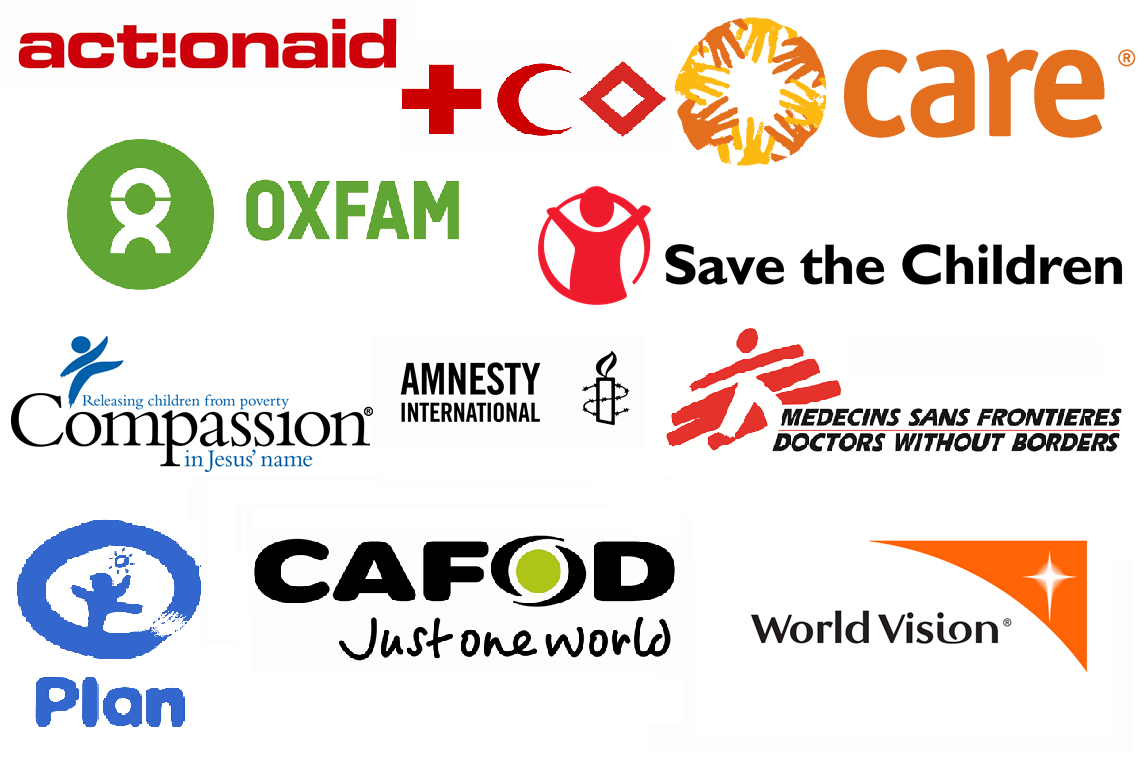This is a two-part blog post based on a paper presented at the ACFID University Network Conference on ‘Development Futures’
In our first post we looked at some of the challenges and opportunities facing International NGOs (INGOs). In this post we look at some possible ways forward. Our thoughts are predicated on the assumption that if INGOs wish to remain strategically relevant, the status quo is not an option. We should stress that we advance these proposals knowing that many are not new ideas. Nor do we claim that we have the answers: we offer them in a spirit of debate, discovery and discussion for INGO activists and supporters interested in transformational development to consider.
1. INGOs should clarify their identities and present themselves — and indeed act — as vehicles for social change and social justice, and should no longer present themselves as aid organisations. Given some of the developments that we outlined in our previous post, such as the growth and development of southern civil society, we believe it is time for INGOs to finally transcend the language of ‘aid’ with all of its patronising baggage.
2. INGOs should focus their development programming on challenging unequal power relations and the political, economic and social processes that drive these. This leads to an unequivocal commitment to gender justice and to supporting active citizenship. One of the most significant changes in the development environment is growing inequality, and the most persistent inequality is gender injustice. Numerous evaluations have concluded that the most effective and long-lasting development interventions are those with a focus on tackling gender inequality [pdf] and the promotion of active citizenship and collective action.
3. More INGOs should ask themselves if they should cease direct service delivery programming, especially in middle income countries. We have highlighted the massive reductions in income poverty – and the lack of a direct role of development assistance in many of these gains – as well as the changing geography of poverty. We believe that given these developments, the role of many INGOs needs to change. We argue that this should lead to INGOs increasingly focussing on supporting communities and their organisations to hold governments accountable for the fulfilment of their basic human rights.
4. INGOs should also focus on building connections between their supporters in their home countries and communities and their organisations in developing countries. Historically INGOs have tended to foster a transactional approach – “give us your money and we’ll do good on your behalf” – amongst their support communities in countries like the UK and Australia. As we have argued previously, this is increasingly no longer meeting the needs of current or potential supporters. There is a need to move to a more transformational approach.
5. INGOs should aim to ‘bring it all home’ – recognising the porous boundaries of global social justice concerns. This should lead to a particular emphasis on the challenges of inequality and inequity and to being more prepared to enter domestic political debates. The world’s economy is increasingly intertwined, many of the most pressing issues facing humanity, such as climate change and population movement are intrinsically global in their nature. Rich countries like Australia have a particular responsibility to contribute to the productive response to these crises. INGOs that identify as social change organisations need to be willing to challenge the powerful in their own space. Ironically, recent political changes in Australia might create new opportunities for this. The death of the Climate Commission, and its rebirth as the independent Climate Council, suggests that there may be a potentially cashed-up and now disenfranchised group willing to support progressive causes.
6. INGOs should have clear guidelines for their relationship with ODA agencies, including being clear about their response to the conditions that come with funding. Approaches that are narrowly defined by results or value for money can have perverse incentives and perverse outcomes. Yet they are increasingly the basis for ODA funding of INGOs and other civil society organisations. INGOs need to devote resources and thinking to clarify their approach towards these developments and be clear about whether there are lines they are not willing to cross.
7. INGOs need to transform their organisational structures and ways of working to emphasize nimbleness and flexibility. Volatility and uncertainty are inevitable – the world is changing constantly; the development environment particularly (as we have previously sought to outline). Effectively responding to this volatility demands appropriate organisational structures and ways of working. It has implications for the nature of organisational planning , and for how an organisation monitors the changing environment. Critically, this need for nimbleness and enhanced flexibility has implications for how performance is measured.
8. Begin a more coherent and focussed discussion on whether institutional growth is necessary for INGOs to be effective vehicles for social justice. Most INGOs give prominence in their organisational performance assessment to how well they have grown their income. But how important is this? Does a larger organisation necessarily mean a more effective and strategically relevant organisation? Are there limits to growth? And does a focus on growth lead to a prioritisation of institutional over developmental imperatives? Given the likely pressures on INGOs’ income that we have previously discussed, is it best for INGOs to shape their future as smaller, more nimble and responsive organisations?
The findings of this post are taken from a presentation the authors delivered at the 2013 ACFID University Network Conference ‘Development Futures: Alternative pathways to end poverty‘ held at the University of Technology Sydney, November 21-22, 2013.
Chris Roche is Associate Professor and Chair in International Development at La Trobe University. Andrew Hewitt is an experienced leader and advocate in the non-government community sector.



Leave a Comment